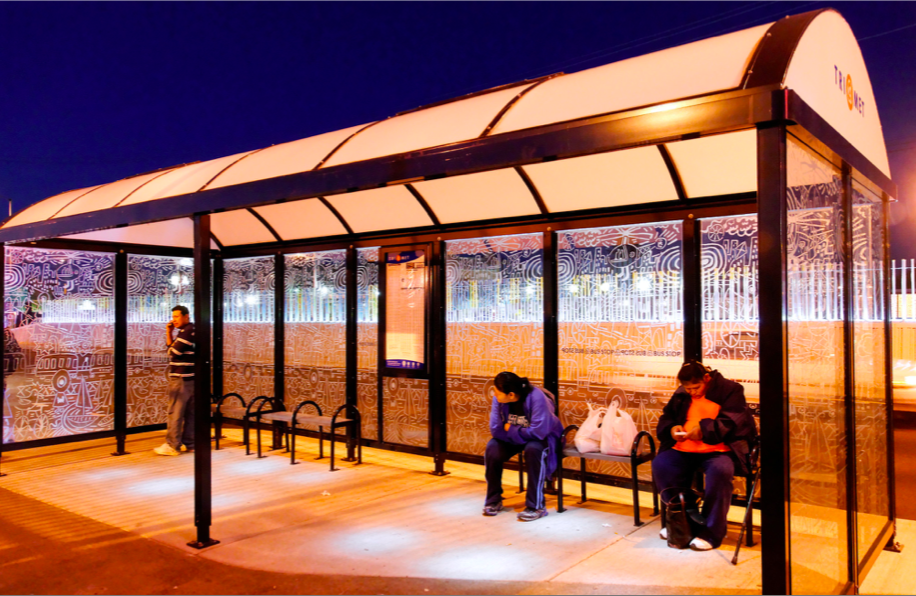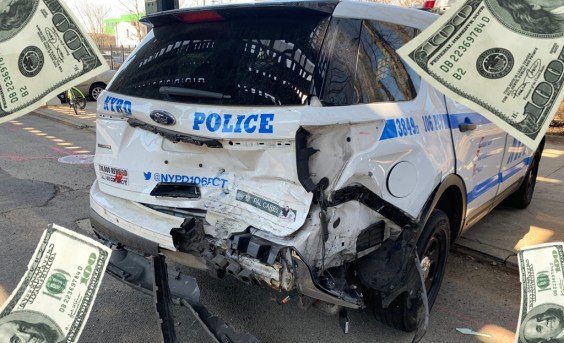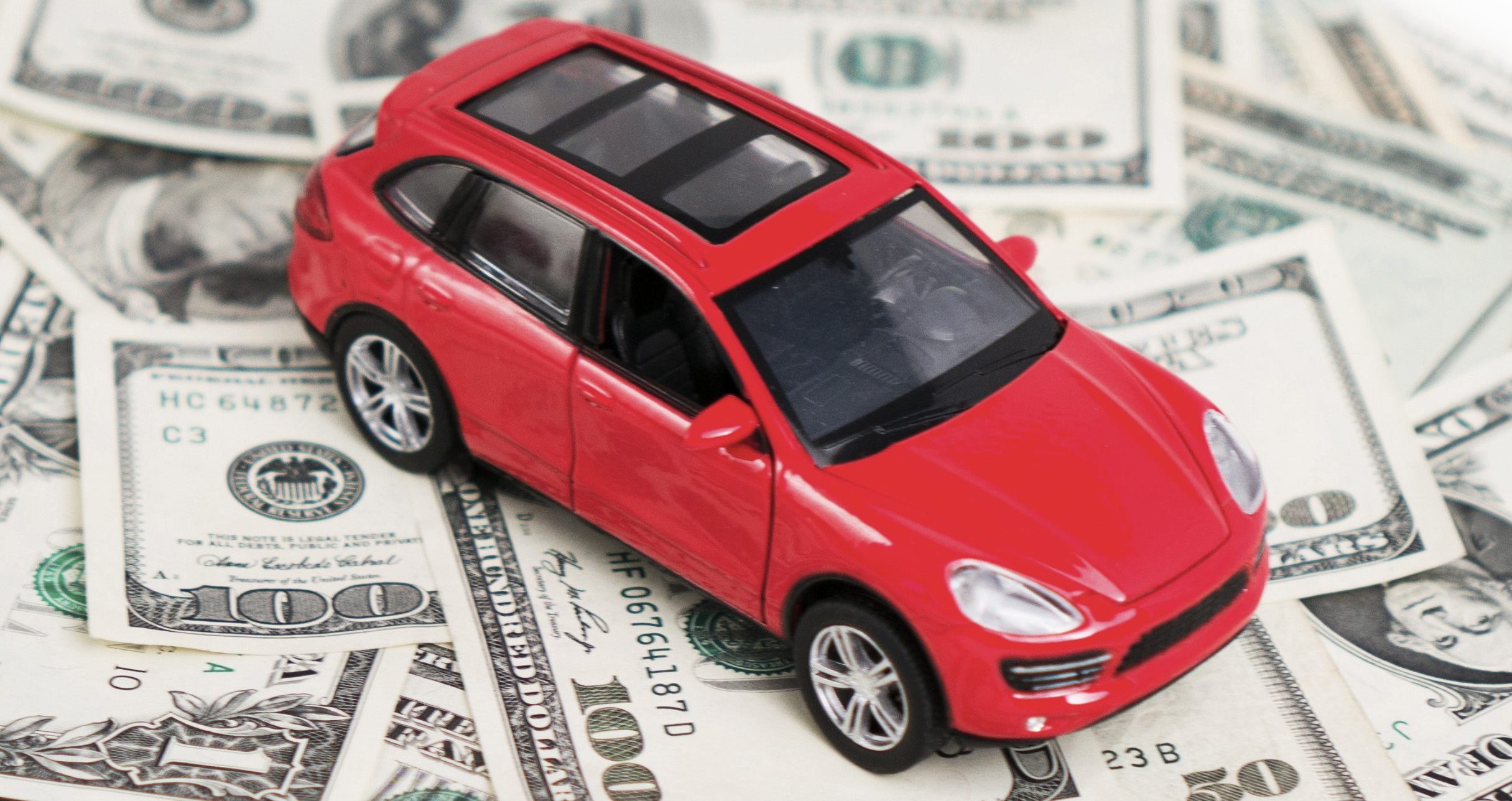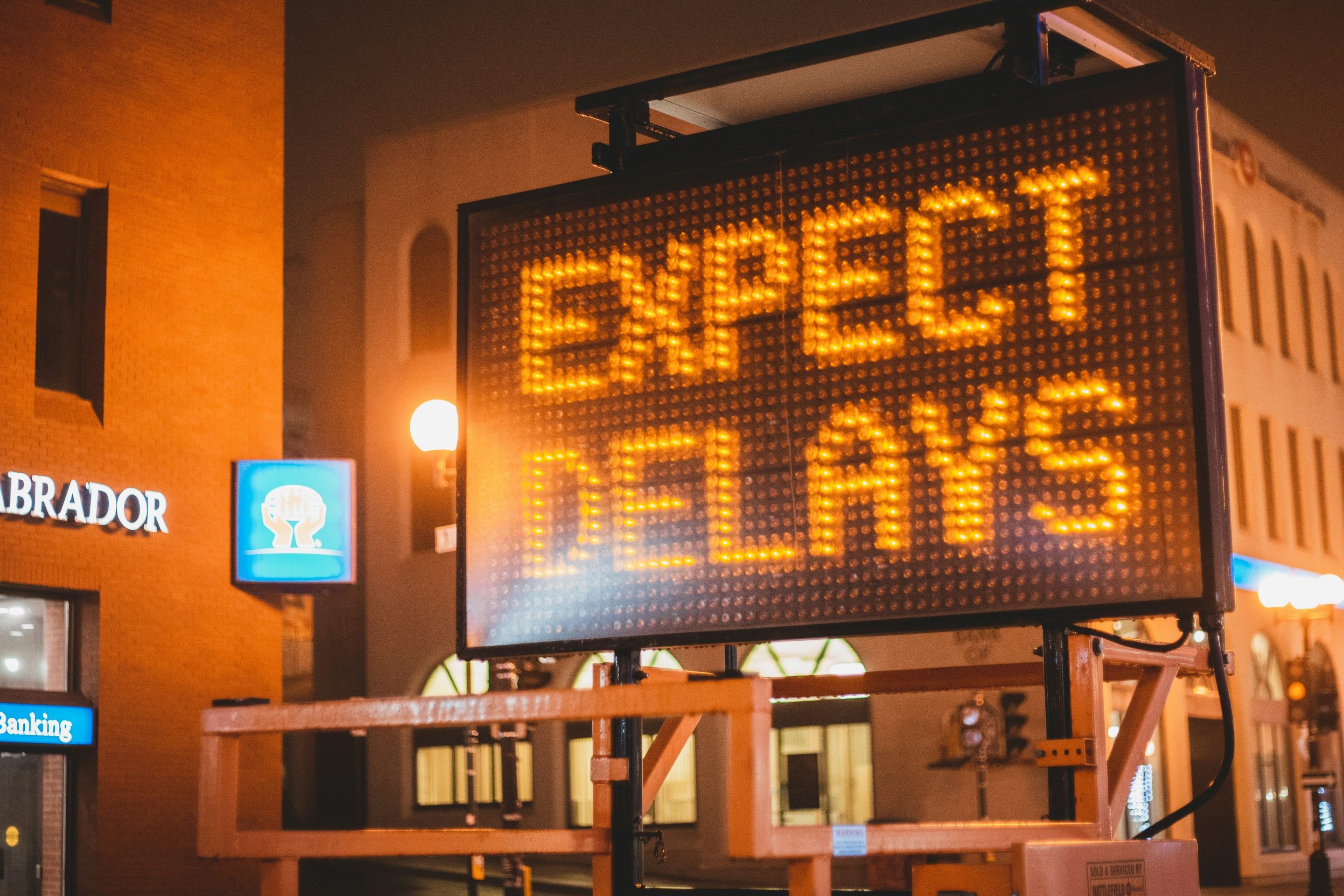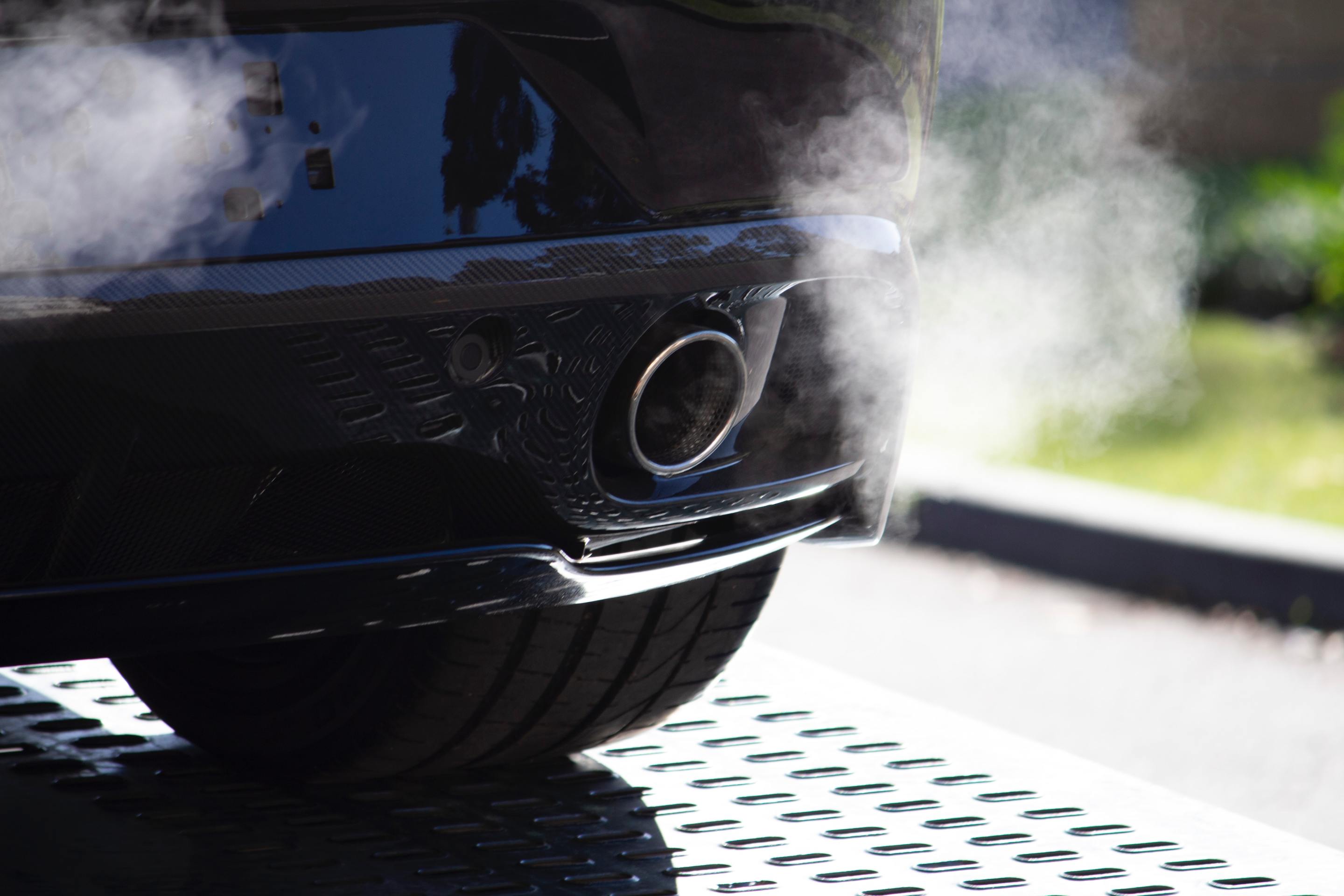The fare is too damn high.
The nation's biggest transit agencies — including Denver, San Francisco, Seattle, Portland and New York — are in the process for discounting fares for lower-income riders, many by as much as 50 percent.
It's simply the right thing to do, advocates say.
"There were people standing at the gates begging for a swipe," said Nancy Rankin, of the Community Service Society of New York, who first proposed the idea for New York City. "It was obvious that people were struggling to afford fares. That’s not the kind of city we want to live in."
Beginning next year, 750,000 New Yorkers earning less the poverty wages will be eligible for half-priced bus and subway tickets.
Here's an overview what each urban area has proposed:
Seattle — Orca Lift
Seattle's "Orca Lift" program has offered a $1.50 flat fare — a 45-percent discount — to anyone making less than 200 percent of federal poverty guidelines. (At that rate, the discount applies to anyone making less than $24,280, given that the federal poverty rate is $12,140 for individuals). That program has been in place since 2015 and was an inspiration for other cities.
Funding for Orca Lift comes partly through a fare increase. About 75,000 people are currently enrolled in the program, said King County Metro's Chris Arkills.
The agency has received lots of testimonials from riders saying it was life changing, including one from a user who said the lift card "allowed me to visit elderly mother more," said Arkills.
Seattle is currently piloting a program to offer free transit for people with essentially no income, as well, he added.
Portland — HOP Program
Beginning in July, Portland-area transit riders earning less than double the federal poverty rate are eligible for half-priced transit fares as well. In addition, monthly fare passes for eligible riders will go down a whopping 75 percent.
Trimet estimates the program will save participating riders as much as $734 per year.
Since the soft launch three-and-a-half months ago, about 2,000 people a month have been enrolling, according to John Gardner of Trimet.
The $12-million program is funded through a new payroll tax of .1 percent passed by the state legislature. It was the first time Oregon provided operating support for transit.
"It was really about how much could we afford," Gardner told conference goers. "We were not able to fund a program ourselves."
Bay Area
Beginning in late 2019, four of the Bay Area's biggest transit agencies will offer discounted fares.
A 12- to 18-month pilot with BART, SFMTA, Caltrain and Golden Gate Bridge Highway and Transportation District will offer a 20-percent discount to those making less than double the federal poverty rate. San Francisco's Muni, meanwhile, is going to chip in additional money to offer a 50-percent discount to its low-income riders.
Denver
Beginning next year, people earning less than 185 percent of poverty levels will be eligible for a 40-percent discount on the Denver region's transit provider, RTD.
By 2022, the agency expects 79,000 people will take part, about 50 percent of those eligible throughout the region. The program was paid for by a fare increase.
New York — Fair Fares
Finally, in New York City, the state-run Metropolitan Transportation Authority will give 50-percent discounts to all adults below the poverty line on buses and subways beginning in January. (Youth and seniors already receive discounts.) The $212-million program will be paid for by the city's general fund.
Rankin and other social service and poverty groups had been advocating for the change at the nation's largest transit provider for a while. Public defenders were eager supporters because many of their clients are poor.
"For want of $2.75 in their pocket people were risking jail time or deportation," said Rankin. "This whole issue of we’re criminalizing poverty became another thread."
Ironically, one of the biggest initial opponents was Mayor Bill de Blasio, who often touts his progressive bona-fides across the country, but didn't want to pay for it.
In the end, it passed. About 750,000 New Yorkers will eligible to participate, the city estimates.
